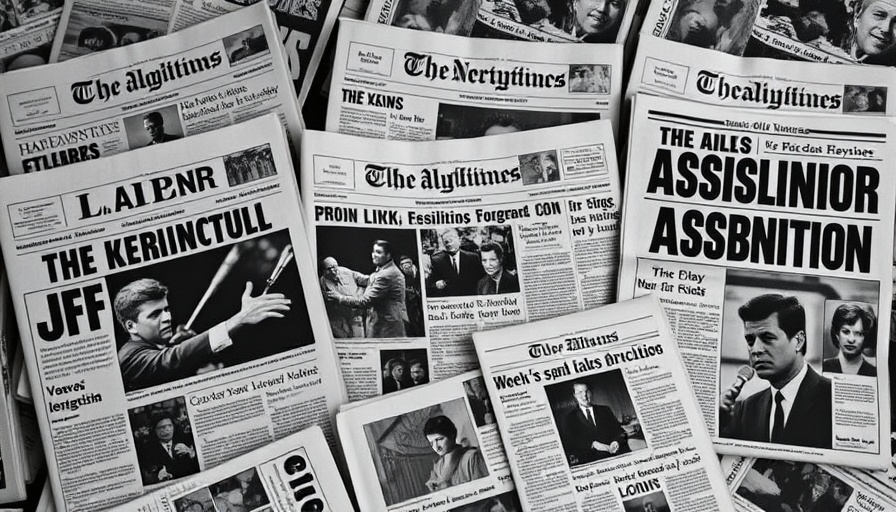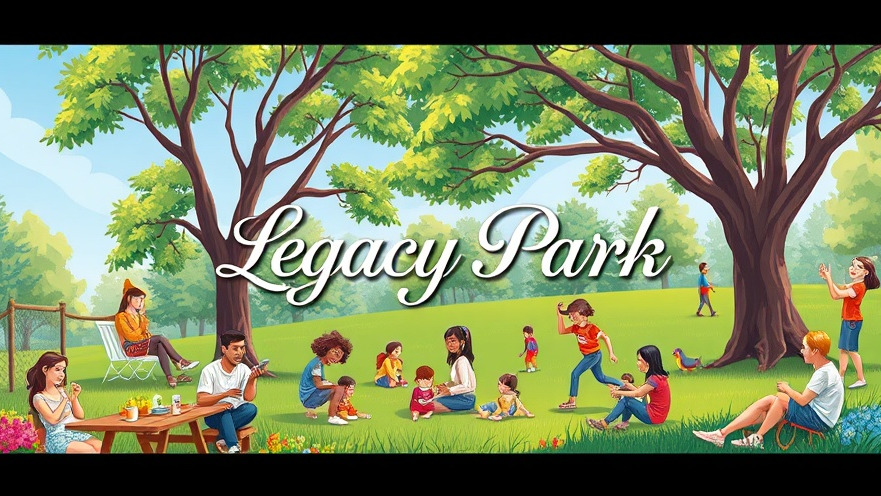
Reflecting on Black History: Key Events from June 11-17
Black history is rich and full of significant moments that have shaped the United States. As we reflect on the week of June 11 to June 17, let's explore some noteworthy events that highlight struggles, triumphs, and the ongoing journey towards equality and justice.
June 11: A Turning Point in Civil Rights
On June 11, 1963, President John F. Kennedy made a profound statement that resonated with millions of African Americans. During a nationwide address, he called segregation "morally wrong" and urged Congress to act. This declaration was significant, as it came at a time of intense racial tension and provided momentum for the civil rights movement. Sadly, Kennedy was assassinated just months after his address, but his vision for civil rights continued to thrive under President Lyndon B. Johnson, who was instrumental in advancing related legislation.
In the same year, Alabama Governor George Wallace sought to block Black students from integrating the University of Alabama. It was a striking display of the deeply ingrained segregationist mentality at the time. However, after a standoff, Wallace was forced aside by federal intervention, allowing students Vivian Malone and James Hood to register for classes, marking a small yet powerful victory for the civil rights movement.
Commemorating June 12: The Fight Against Slavery
June 12 holds a historical significance beyond U.S. borders as it marks the world’s first anti-slavery convention in London, held in 1840. The gathering aimed to unite abolitionists worldwide but was tainted by its exclusion of female delegates, reflecting the complicated intertwining of gender and race in the fight for equality. This event shows the early mobilization against slavery and foreshadows the persistent struggles that activists would face moving forward.
Tragically, June 12 is also remembered for the assassination of civil rights leader Medgar Evers in 1963 by White supremacist Byron de la Beckwith. Evers' tragic death underscored the violence faced by those fighting for civil rights. It took decades for justice to be served, as Beckwith would only be convicted in 1995, illustrating the long road to accountability.
June 13: A Historic Nomination
Another significant moment occurred on June 13, 1967, when President Lyndon B. Johnson nominated Thurgood Marshall to be the first Black justice on the U.S. Supreme Court. Marshall, known for his role in the landmark case Brown v. Board of Education, fought tirelessly against segregation. Johnson described the nomination as “the right thing to do.” Marshall's appointment marked a monumental shift in the judiciary, paving the way for greater representation and support for civil rights at the highest level of government.
June 14: Literature and Activism Intertwined
On June 14, 1811, the world welcomed the birth of Harriet Beecher Stowe, an important literary figure whose book "Uncle Tom's Cabin" offered a powerful critique of slavery. Stowe’s work played a crucial role in shaping public opinion about slavery and its horrors, lending voice to the abolitionist movement. President Abraham Lincoln famously remarked upon meeting her, “You’re the little woman who wrote the book that started this great civil war.” Her narrative illuminated the emotional weight of slavery and its impact on American society, ultimately raising awareness and advocacy for change.
June 15: Military Advances in the Civil War
In a strategic military maneuver on June 15, 1864, General Ulysses S. Grant advanced his forces against Confederate General Robert E. Lee, marking significant progress toward ending the Civil War. The engagement demonstrated not only the changing tactics of warfare but also the critical role Black regiments played in the fight for freedom. Their contributions were essential in turning the tide of war and underscored the complexity of race relations during this turbulent time.
The events of June 11-17 underscore vital moments in Black history that reflect struggles for equality, justice, and recognition. They remind us of the resilience of individuals who fought against oppression, shaped legislation, and continue to influence present-day discussions on civil rights.
Embracing Our History, Shaping Our Future
It’s essential for young generations to understand these historical contexts deeply. By learning about past struggles, they can appreciate the journeys that have led us to the present. Knowing our history equips us to address ongoing challenges about racial injustice and promotes a commitment to equality and unity.
As we observe these moments in history, let’s remain committed to ensuring that the lessons learned continue to inform our actions and decisions in creating a more equitable society.
 Add Row
Add Row  Add
Add 




Write A Comment